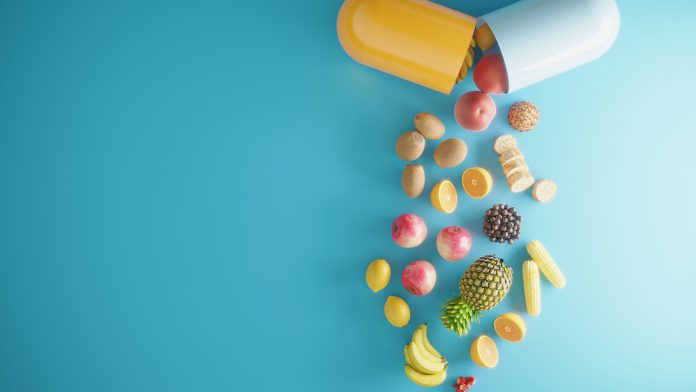
Dr Muhammad Asaduzzaman of the University of Oslo makes the case for the reduction of overused and misused antibiotics in food production to support an antibiotic-free supply chain for food.
Antimicrobial resistance (AMR) is one of the greatest threats to modern healthcare and is arguably the most multidisciplinary global health issue we face. By leveraging the purchasing power of healthcare, we can support an antibiotic-free supply chain for food and promote the reduction of antibiotic misuse in farming practices.
While antimicrobials, or more specifically antibiotics, have revolutionised contemporary medical science and significantly reduced both mortality and morbidity, we now know that their misuse and overuse are fuelling the emergence of resistant ‘superbugs’. The development and containment of AMR are complex ‘One Health’ issues. As healthcare professionals, we have a vital role to play in achieving One Health goals and are among the many actors who need to collaborate and embrace further responsibilities beyond our routine tasks. One major driver of AMR is the disproportionate use of antibiotics in food animals, which consume 50-80% of antibiotics in developed countries. Global figures from 2013 estimated that 131,109 tons of antibiotics were consumed by food animals and projected that this would reach 200,235 tons by 2030. Animal farming and agricultural production contribute to a larger extent for the antibiotic residues and metabolites entering the environment, along with hospital wastewater, pharmaceutical effluents,
and sewage.
As a healthcare professional and global health researcher, I believe we need to focus on the less explored, but impactful role of healthcare’s purchasing power. Leveraging our spending, healthcare institutions can support an antibiotic-free supply chain for food in healthcare settings and promote the reduction of overused and misused antibiotics in food animal farming.
In an effort to tackle growing AMR, the WHO recommends against antibiotic-use in healthy animals, adding to the growing recognition of misuse and overuse in food production – in 2006, for example, the EU banned antibiotics as animal growth promoters. Despite these and other measures, many EU countries have seen increasing antibiotic sales and in the US, sales of antibiotics intended for food animals has also been increasing.
We, as healthcare professionals, should be aware of the consequences of antibiotic misuse in food production – driving resistance, undermining the efficacy of antimicrobial therapies, and ultimately making it harder for us to treat infections, a sometimes fatal issue. We, therefore, need to adopt a Farm to Fork approach, intervening at both production and consumption levels where healthcare procurement can be a powerful tool to support antibiotic-free production and provide antibiotic-free food for patients, staff, and visitors.
Healthcare systems and professionals should consider whether our food supply chains align with our healing mission, asking ourselves – am I confident that we do not contribute to AMR through our procurement? What quality assurances do we have to ensure we are purchasing from antibiotic-free sources of food production? We can work with our procurement colleagues to ask these questions and play a role in purchasing decisions. Engaging with vendors, healthcare purchasers can start a dialogue about suppliers’ use of antibiotics in food animals and establish achievable targets or criteria for healthcare markets where there is a demand to eliminate the misuse of antibiotics in food.

This demand can be more effective and more powerful if harmonised across Europe. Healthcare institutions collaborating on common criteria for healthcare purchasing can demonstrate a larger demand and leverage larger spending power to promote green public procurement and help achieve an antibiotic free food supply in European healthcare system. Working together across Europe, we can use our collective influence to further raise awareness amongst our peers and align all elements of healthcare with the Hippocratic Oath, to do no harm.
Dr Muhammad Asaduzzaman MBBS, MPH, MPhil Centre for Global Health, Department of Community Medicine & Global Health, Institute of Health and
Society, Faculty of Medicine, University of Oslo, Norway
+4796835658
muhammad.asaduzzaman@medisin.uio.no
This article is from issue 21 of Health Europa Quarterly. Click here to get your free subscription today.
























